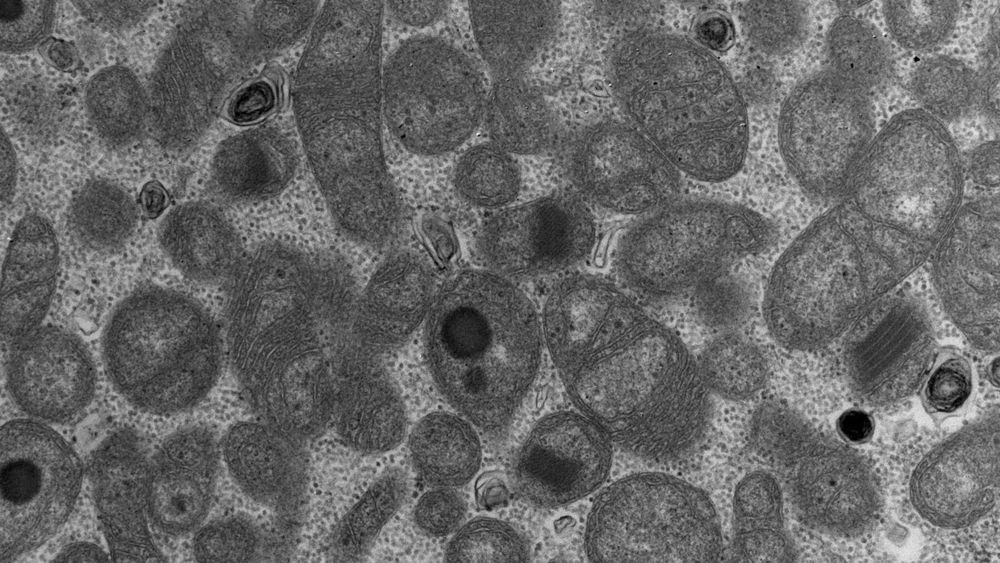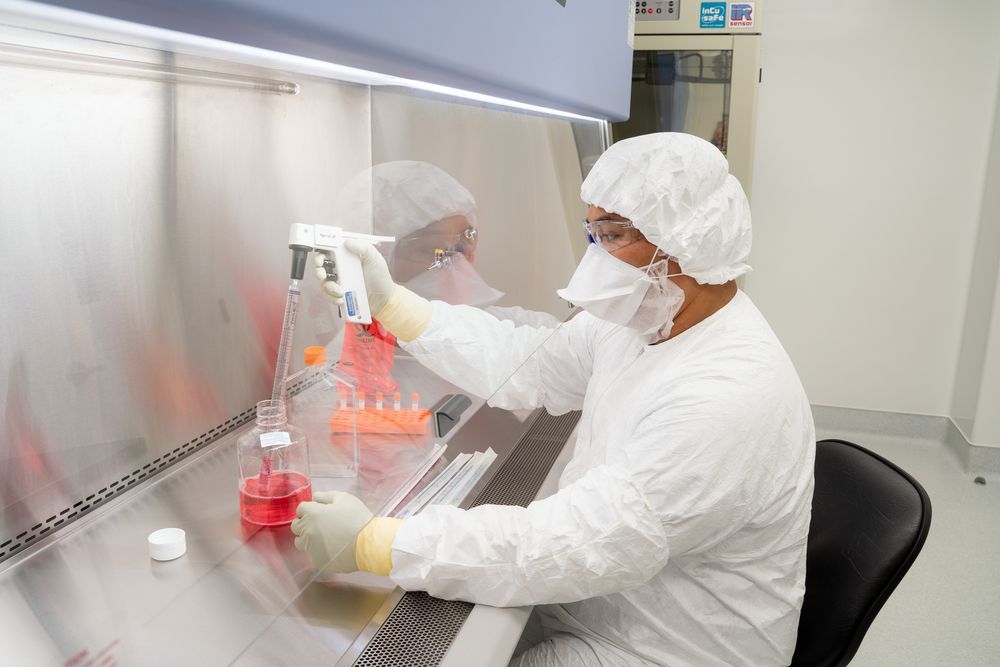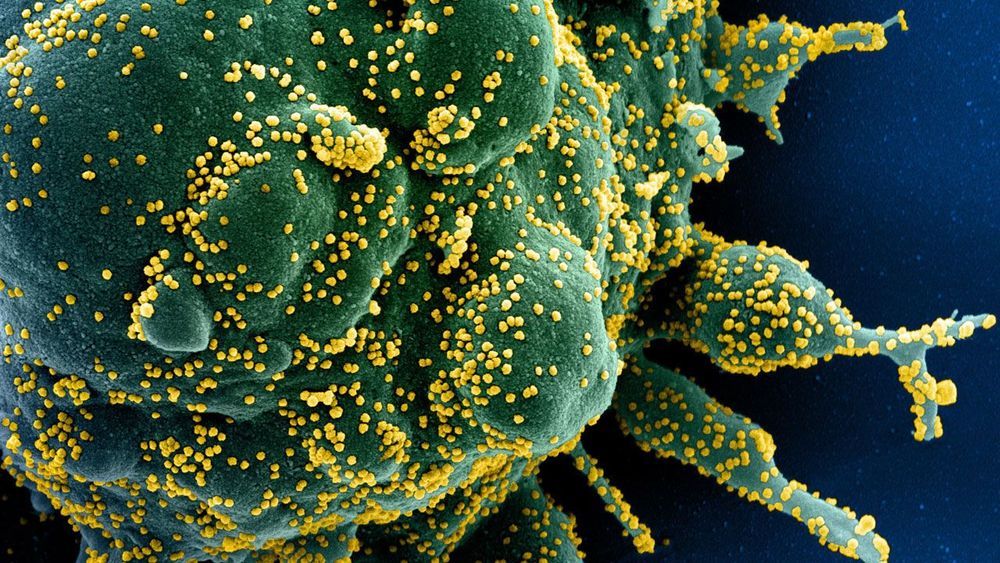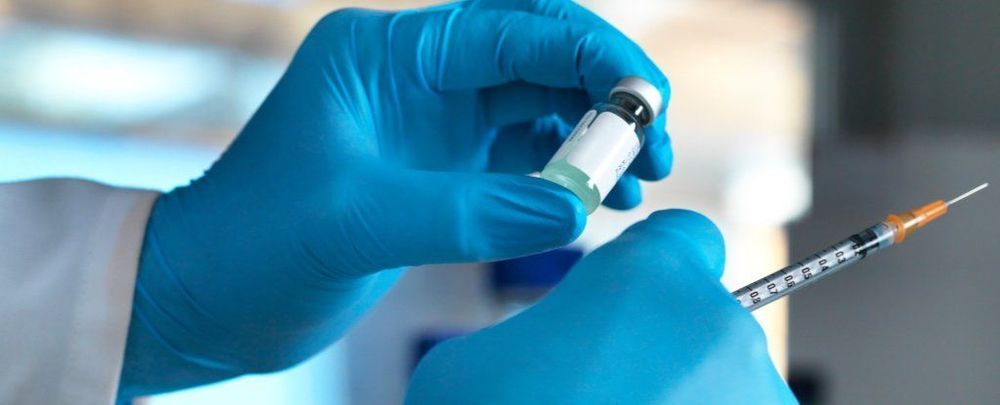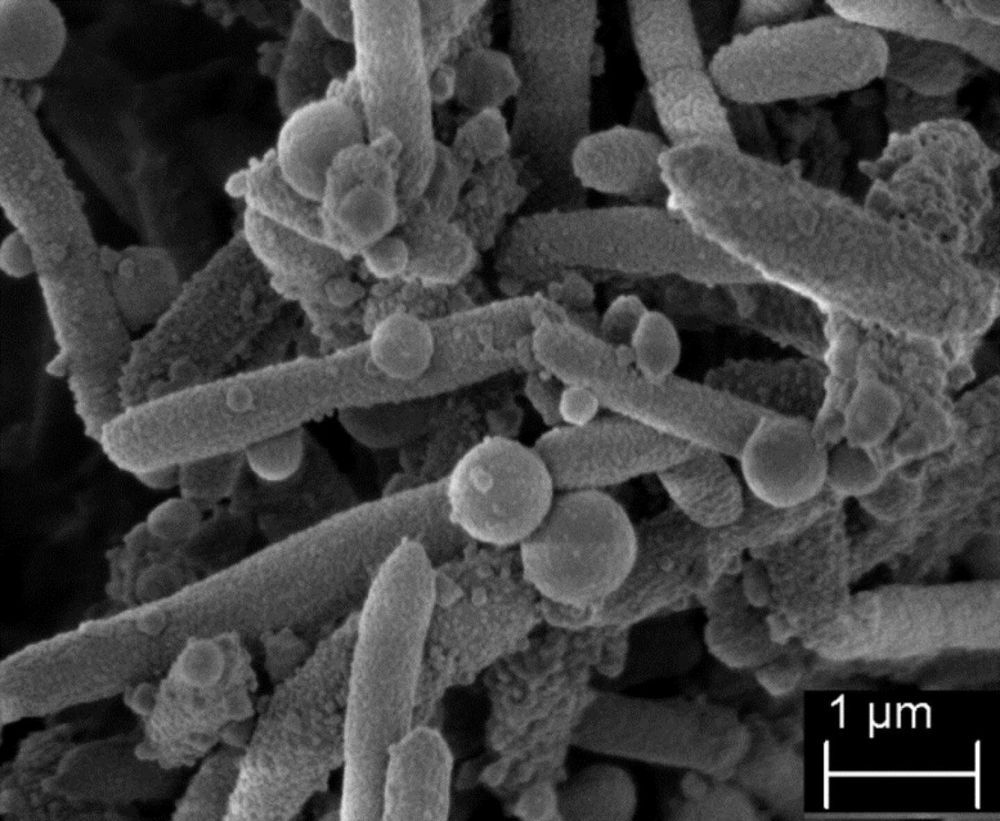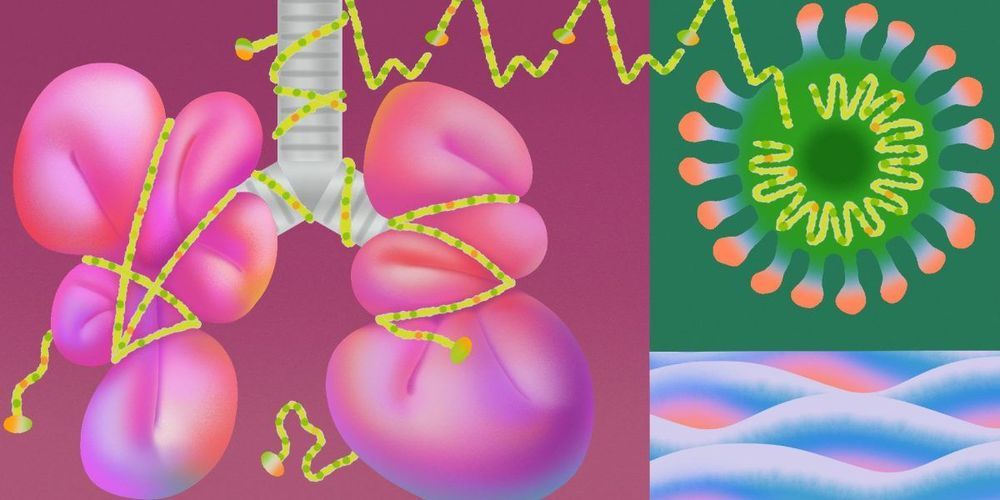An international team of scientists, led by University of Helsinki reported that vitamin B3, niacin, has therapeutic effects in progressive muscle disease. Niacin delayed disease progression in patients with mitochondrial myopathy, a progressive disease with no previous curative treatments.
Vitamin B3 forms have recently emerged as potent boosters of energy metabolism in rodents. These vitamins are precursors for NAD+, a molecular switch of metabolism between fasting and growth modes.
As fasting has been shown promote health and longevity in for example mice, a variety of “NAD boosters” are being developed. However, whether actual NAD+ deficiency exists in human disease, and whether NAD+ boosters could have curative effects in patients with degenerative diseases, has remained elusive.
